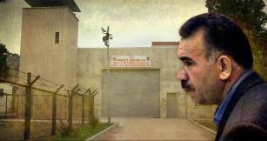Erdogan Unhinged: The Turkish Power Struggle after Taksim
by Svante E. Cornell (vol. 6, no. 12 of the Turkey Analyst)
The popular upheavals in Turkey, and the harsh government crackdown on them, have reshuffled the power struggle that was already ongoing within Turkey’s Islamic conservative movement. Prime Minister Erdoğan’s ambitions to remake Turkey into a presidential republic have been dashed for the foreseeable future. While he remains the undisputed leader of both the country and the movement, none of the options facing him are particularly appealing. Taksim may well mark the beginning of the end of Erdoğan’s single-handed domination of Turkish politics.
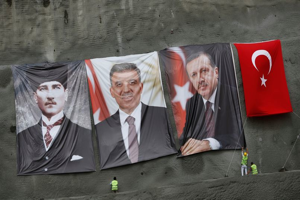
The Diverging Paths of Abdullah Gül and Tayyip Erdogan
by Svante E. Cornell (vol. 6, no. 8 of the Turkey Analyst)
Turkey’s Prime Minister Recep Tayyip Erdoğan hardly hides his ambition to accede to the presidency under a new constitution providing for a presidential system. Yet his ambition for a further concentration of power in his own hands is beginning to generate unlikely counter-forces. Chief among these is the growing coordination among other forces on the Turkish political spectrum – including the CHP, the Fethullah Gülen movement, and president Abdullah Gül. The latter, in particular, is beginning to more vocally distance himself from Erdoğan in both domestic and foreign affairs. While it may be too early to talk of a rupture, Gül is becoming an important counter-balance to Erdoğan.
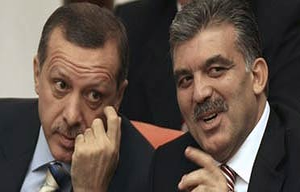
How Serious is Erdogan about Joining the SCO Instead of the EU?
by Halil M. Karaveli (vol. 6, no. 2 of the Turkey Analyst)
Recep Tayyip Erdoğan’s talk of joining the Shanghai Cooperation Organization and abandoning the pursuit of EU membership cannot be dismissed as loose talk, but neither does it herald a major strategic pivot. The Turkey of Erdoğan will continue to privilege and nurture its relations with the West, above all with the U.S., Erdoğan’s anti-Western prejudices and sentiments notwithstanding. And Erdoğan’s embrace of a club of autocrats should not obscure the fact that a very significant portion of the population of Turkey still endorses the goal of EU membership, and that holds true not least among the voters of the ruling Justice and Development Party (AKP).
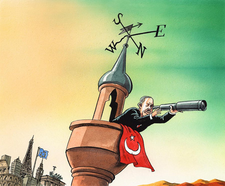
The Turkish Protests and Erdogan's Disappearing Dreams
by Gareth Jenkins (vol. 6, no. 11 of the Turkey Analyst)
The unprecedented anti-government protests that have erupted across Turkey pose the most serious challenge to Prime Minister Recep Tayyip Erdoğan since his Justice and Development Party (AKP) first took office in November 2002. Although it is still too early to assess the extent of the threat to Erdoğan’s grip on power, he has been seriously weakened. At the very least, his dreams of establishing a presidential system and ruling the country singlehandedly for the next decade have suffered a fatal blow.
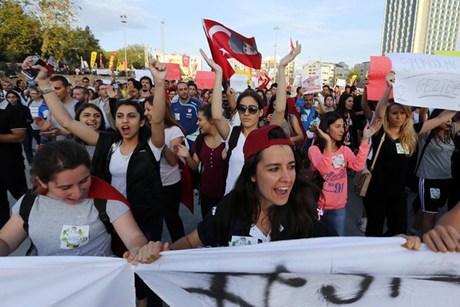
Calculating Ambivalence: The Imrali Process and the Balance Between Kurdish and Turkish Nationalist Violence
by Gareth Jenkins (vol. 6, no. 9 of the Turkey Analyst)
On May 8, 2013, the Kurdistan Workers’ Party (PKK) formally began to withdraw its militants from Turkey as part of the peace negotiations between the ruling Justice and Development Party (AKP) and imprisoned PKK founder Abdullah Öcalan. Prime Minister Recep Tayyip Erdoğan is likely to wait until the withdrawal is complete – a process that could take several months – before announcing what, if any, concessions he is prepared to make to Kurdish nationalist demands. Managing the resultant uncertainty will be a major challenge, particularly given the diametrically opposed hopes and fears of Kurdish nationalists and Turkish nationalists. Erdoğan’s record suggests that the Kurds have more reason to be skeptical. But, in the short-term, assuaging Turkish nationalist fears could prove to be the greater problem.
